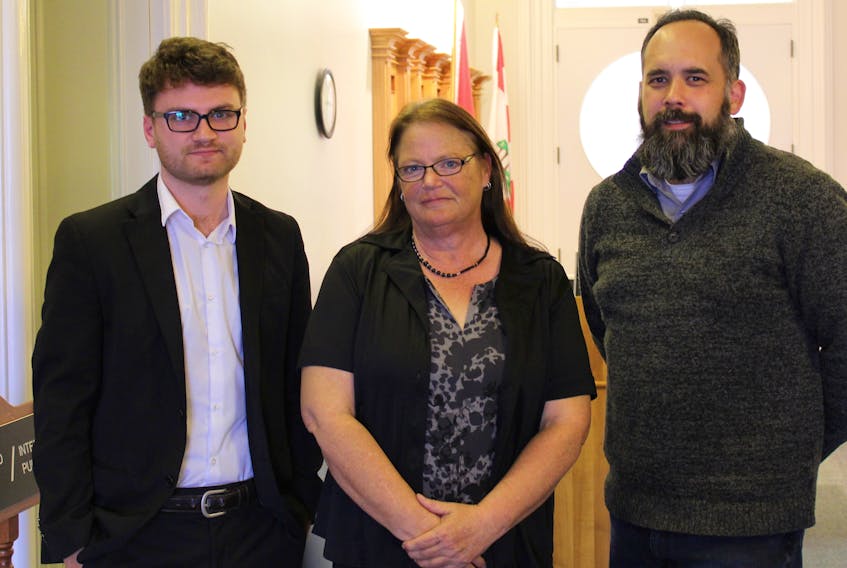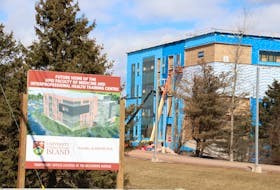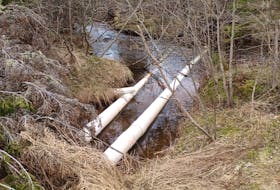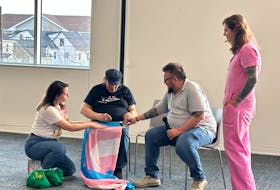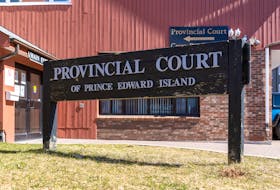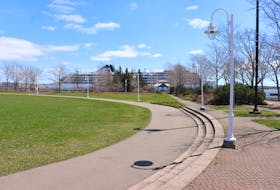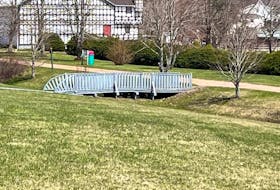A new survey completed by the Native Council of P.E.I. suggests the Island’s off-reserve Indigenous population is experiencing disproportionately high rates of chronic disease and mental health issues.
During a presentation before the P.E.I. legislature’s Standing Committee on Health and Wellness on Tuesday, NCPEI president Lisa Cooper said the survey indicates gaps exist within the health care system for off-reserve Indigenous people in P.E.I.
Cooper said more culturally sensitive health care, mental health and addictions support was needed specifically for the Island’s off-reserve Indigenous population.
"There has to be trust, one-on-one support,” Cooper said. “You will not get my community members trusting a lot of the workers that are with Health P.E.I. right now because they don't feel that Health P.E.I. acknowledges the need for cultural support or acknowledges the challenges they have."
“You will not get my community members trusting a lot of the workers that are with Health P.E.I. right now because they don't feel that Health P.E.I. acknowledges the need for cultural support or acknowledges the challenges they have."
- Lisa Cooper
NCPEI completed the survey of 283 off-reserve Indigenous individuals living in P.E.I. The results suggest health indicators for P.E.I.’s off-reserve population may be significantly worse than those of both Indigenous and non-Indigenous people nationally.
The survey found that 24 per cent of respondents reported fair or poor health, double the rate of non-Indigenous Canadians. Nationally, 19.6 per cent of Indigenous people experience poor health.
Overall, 33 per cent of off-reserve respondents in P.E.I. said they experienced high blood pressure, while 18 per cent experienced diabetes. Nationally, 22 per cent of off-reserve First Nations people experience high blood pressure, while 8.2 per cent of off-reserve Indigenous people experience diabetes.
The survey found 30 per cent of respondents indicated mental health issues such as depression, anxiety and post-traumatic stress disorder. Twenty-four per cent of respondents reported addiction issues.
Cooper said the lower health outcomes of the Island’s off-reserve Indigenous residents was partly due to the fact that federal dollars for First Nations programs are geared to individuals living on-reserve.
She said securing funding for necessary programs was difficult for the council, and that off-reserve Indigenous people often exist in a “jurisdictional wasteland” outside of most federal funding support. Cooper drew attention specifically to the 2015 cut in funding for the NCPEI’s National Native Alcohol and Drug Abuse Program from both the federal and provincial governments.
The council’s other recommendations included allowing access to smudging and other traditional health practices at health care facilities and establishing a provincial aboriginal health advisory committee.
Cooper also criticized the Mi’kmaq Confederacy of P.E.I., which she said has monopolized most federal funding without offering needed services for the off-reserve population.
NCPEI claims a membership of 988 off-reserve Indigenous people, including status, non-status and Métis people.
The Standing Committee on Health and Wellness will present a report to the legislature during the fall sitting.

